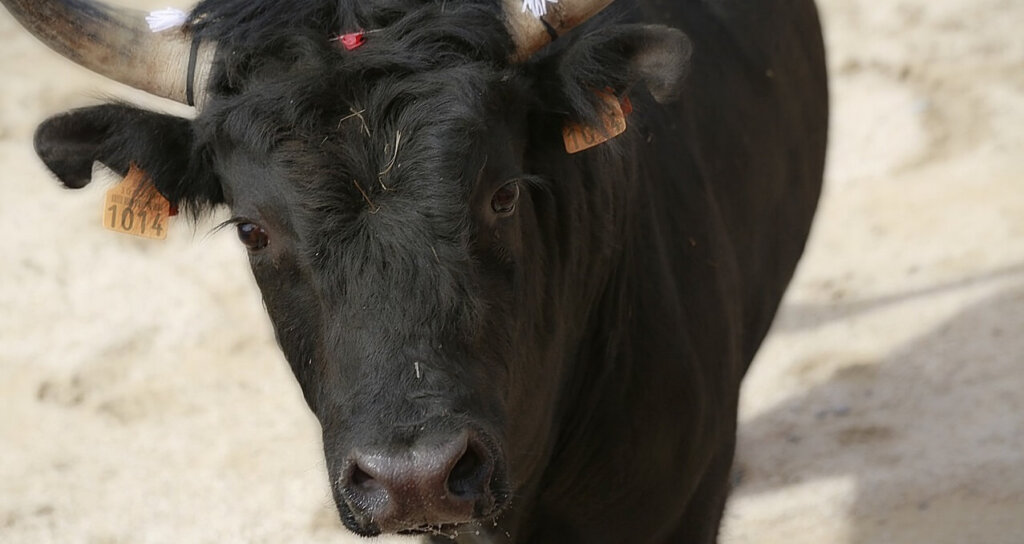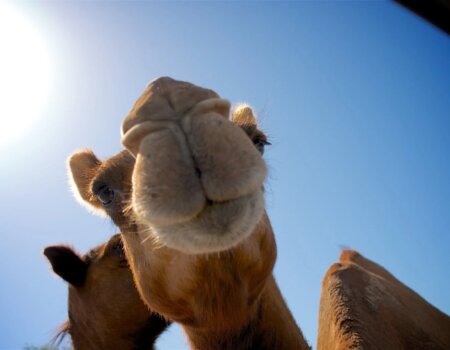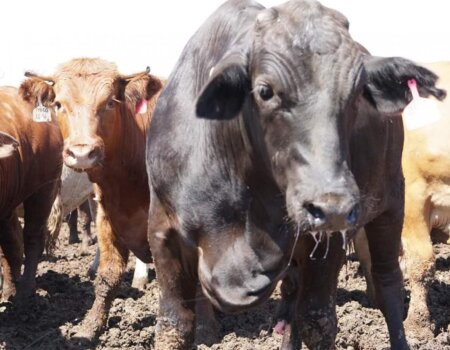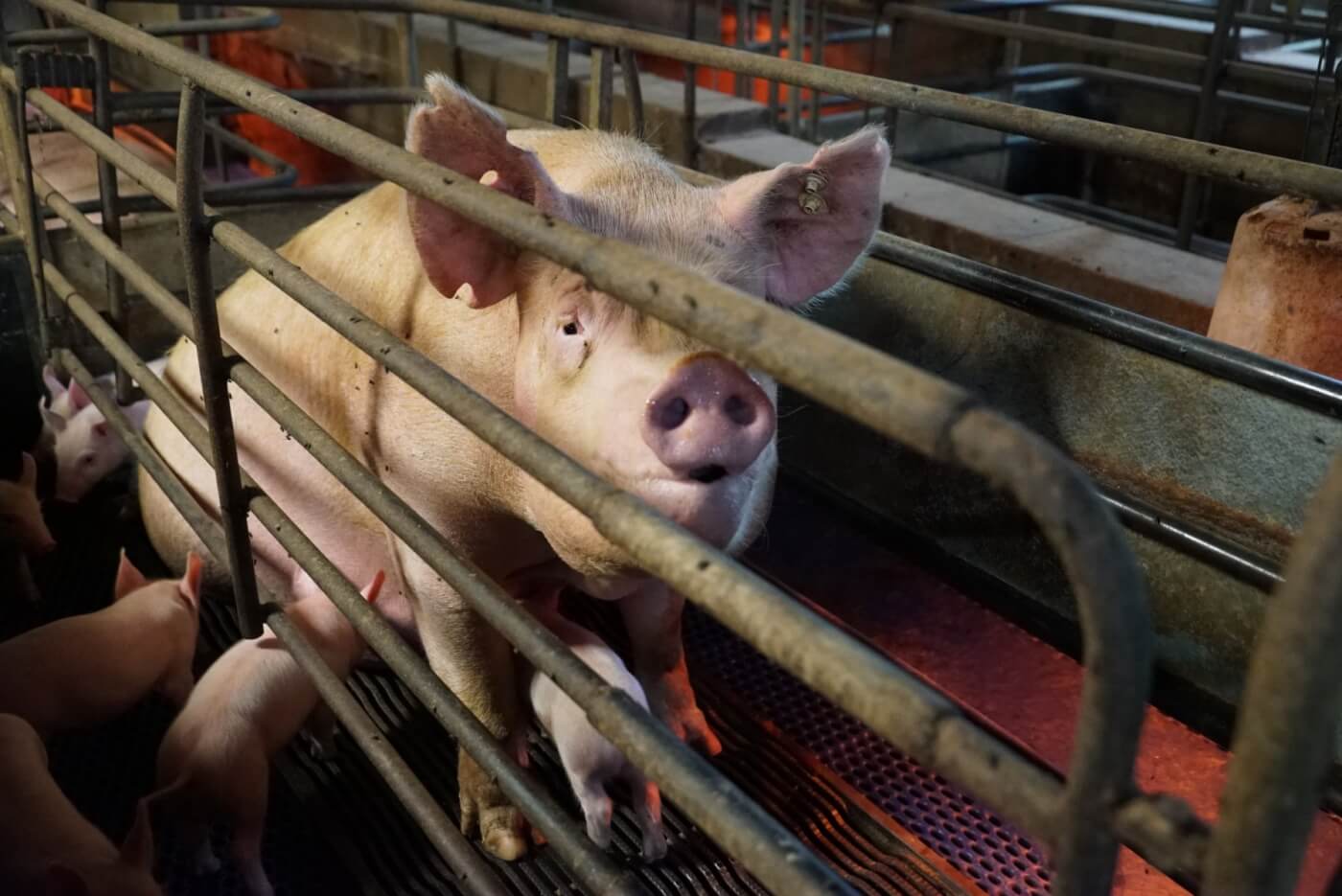
‘Immense Suffering’: PETA Objects to Piggery Expansion
As the February 29 deadline for public submissions regarding the proposed expansion of what would be one of Australia’s largest piggeries looms, PETA is urging Australians to have their say, pointing out that waste from the Goondiwindi factory farm could increase the risk of health issues like asthma among students at the local state school, which is located fewer than five kilometres from where developers plan to imprison yet more pigs.
In a letter to the local council to oppose the growth of the piggery, which if approved, would be licensed to hold upward of 190,000 pigs at any one time, PETA notes that the expansion would not only cause immense suffering to intelligent pigs but also increase the risk of further deadly Swine flu or Japanese encephalitis outbreaks among humans. Furthermore, it would compound the detrimental environmental impacts intensive animal farming causes and that the facility is already contributing to, including increased methane emissions and the release of pig excrement into the surrounding area.
Given the chance, mother pigs sing to their young as they nurse them, but at Australian piggeries, piglets are born in cramped crates, where mothers can’t even turn around to reach their babies. To counteract the risk of pigs biting each other as a result of stress while crammed into cages, producers grind down their sensitive teeth and cut off their tails, usually without pain relief. At just six months old, pigs endure long, arduous journeys aboard slaughterhouse trucks, where they’re denied food and water – even in Australia’s scorching summer – and on arrival, they smell the fear and hear the screams of other pigs being prodded to their death. They are then forced into gas chambers, where they panic and suffocate, before their throats are slit and their bodies are dissected.
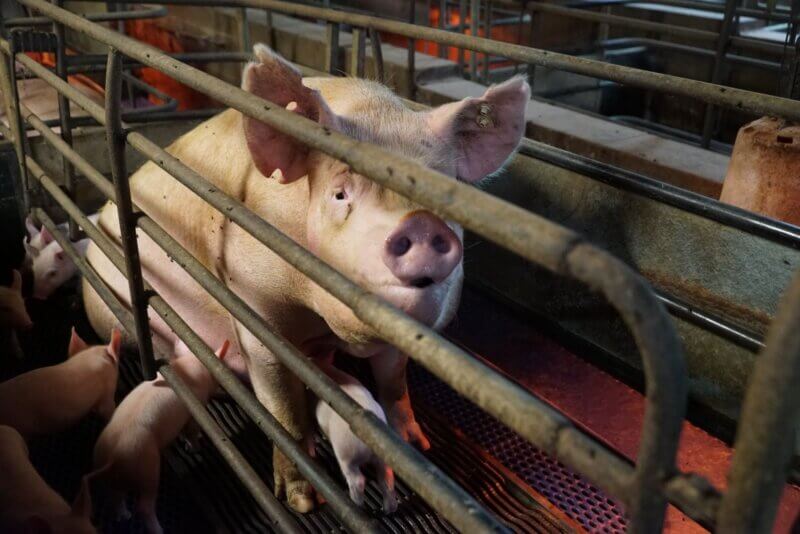
PETA is urging residents to oppose the expansion of this cruel, environmentally disastrous development before it’s too late. We also want to remind all Australians that the best way to prevent factory farms full of imprisoned animals – and the waste and emissions they bring – from springing up across the country is to stop buying the body parts of dead animals and instead choose vegan food.
Let’s make 2025 a historic year for animals
